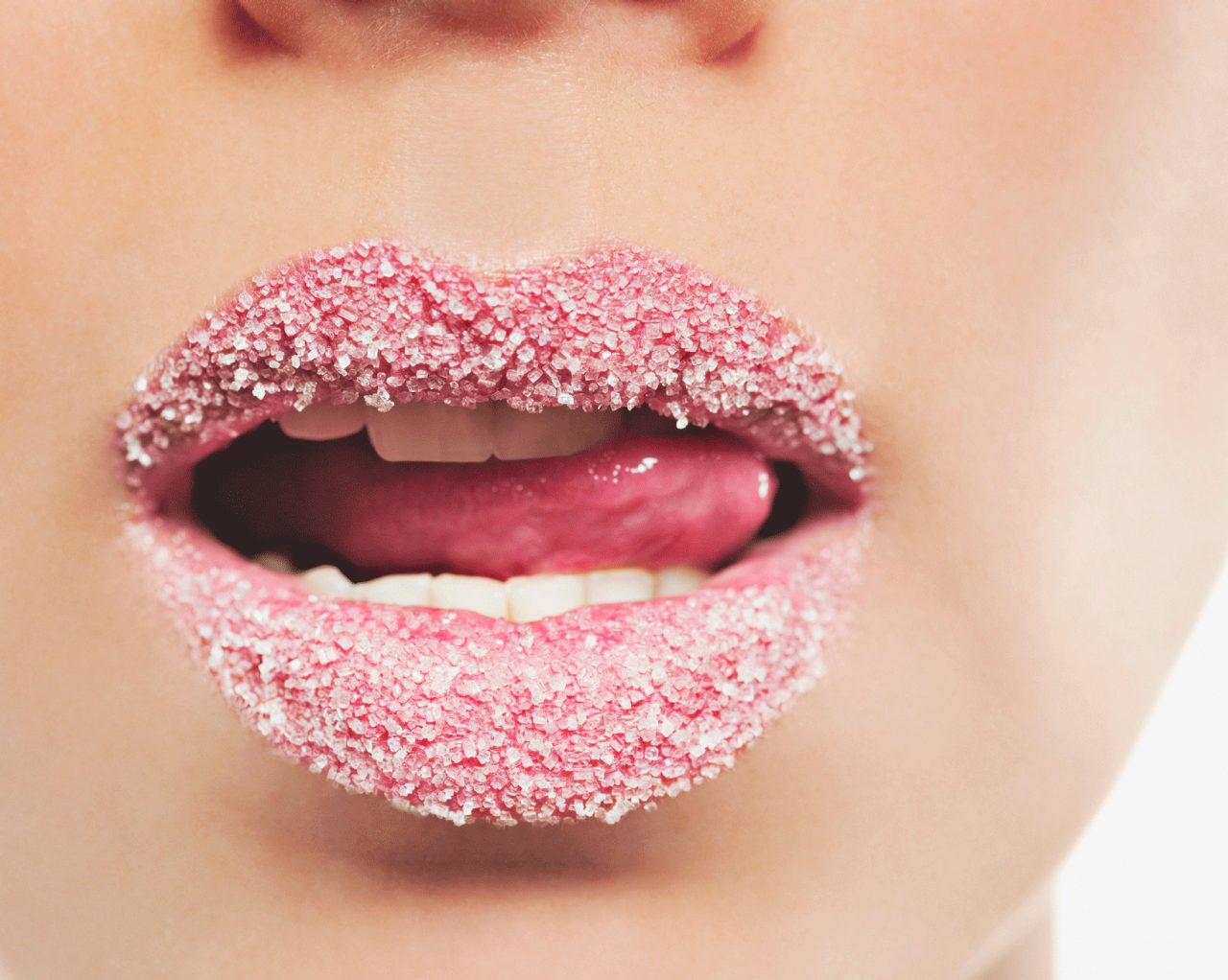How to Wean Yourself Off Sugar

Breaking your pattern of eating sugary foods may sound impossible, but focusing on the benefits could help, especially if you have diabetes or prediabetes.
We are born with a sweet tooth, or more accurately a sweet tongue. Beginning with the slightly sweet taste of breast milk, babies prefer sweet food. One reason is that children have more sensitive taste buds than adults, and bitter or sour flavors are stronger for them. The main reason is probably that sweets offer concentrated energy.
Back in our savannah days as a species, food could be hard to find, and early humans might have needed to walk or run a long way. A piece of sweet fruit could have been an essential boost.
Today, many of us don’t need to burn many calories to get food. But we still tend to like sweets and may fall into what’s called a habituation pattern. You eat sweets and then eat more, to get the same burst of pleasure that dopamine carries to your brain. One spoonful of ice cream becomes the whole quart. Habituation is one sign of addiction — when you increasingly need more alcohol, for example, to get drunk.
YOU MIGHT ALSO LIKE: Why Are Some Foods so Hard to Stop Eating?
Breaking that pattern may sound impossible, but focusing on the benefits could help. If you have diabetes or prediabetes — blood sugar levels just short of the danger range — the bad white foods with sugar and flour may be your main enemy.
Chances are, you need to lose weight. More than 40 percent of Americans qualify as obese. It means your weight raises your risk of heart disease, type 2 diabetes, and other illnesses. Sugar is the enemy here, too.
Cutting out sugar could also help tame acid reflux, migraines, joint pain, rashes, anxiety, and irritable bowel syndrome. Although we often use sugar as a quick boost, eating less of it could improve your energy levels overall.
How to wean yourself off sugar
The main steps are to cut back and add variety to your diet. You can try different approaches.
Go cold turkey
The Cleveland Clinic recommends a 10-day detox. Promise yourself that you’re going sugar-free for 10 days. From your body’s point of view, sugar isn’t just table sugar, but food that quickly turns into sugar in your body.
- You’ll need to stop eating any products with white flour or any sweeteners, including artificial ones.
- Don’t eat pre-packaged foods (read the labels, they have sweeteners of various kinds).
- Add protein and good fats (nuts and seeds, avocado and fish) to every meal, but not dairy.
- Eat non-starchy veggies like asparagus rather than sweet potatoes.
- Don’t sweeten your beverages.
- Stay away from fruit and fruit juice.
After your detox, something sweet you eat will taste sweeter, and possibly too sweet after enough time. Have you ever met someone who says she doesn’t like sweets? She got out of the habit and never picked it up again.
In research, scientists measured the dopamine release when fruit flies ate sweets before and after a low-sweets diet. After the time off, sweets triggered more dopamine in their tongues (called a proboscis). Other studies have documented how habituation to food works in humans.
Add variety to your diet
A more gradual approach can work for people who don’t have strong sugar cravings. Variety beats habituation. Let’s say you have an apple every day in the mid-afternoon and ice cream at night. Try switching to a half-grapefruit every other afternoon and eating an apple at night. Then go for nuts a few afternoons instead, and sometimes have the grapefruit a night.
Now you’ve gone from apples and ice cream to apples, grapefruit, and nuts. Those foods may now taste better to you.
If you go back to a dessert, you may find you’re happy with dark chocolate, or at least a premium-brand dark chocolate ice cream rather than a butterscotch your 10-year-old would love.
Find a strategy to fight sugar cravings
Let’s say you don’t want a major diet overhaul but do want to stop succumbing to a particular craving. You can try this proven methods.
If you’re actually hungry when the craving hits, eat a protein-rich snack like a boiled egg, nuts, or a piece of lox or small can of tuna fish.
You can also:
- Take a hot shower.
- Go for a brisk walk or run.
- Drink a glass of water.
- Eat a banana or apple.
Finally, don’t ignore other health issues. A multivitamin could take care of deficiencies. If you’re short of sleep, tackle that problem along with your diet. Many people fight depression with sugar, but it won’t help in the long run. You may need more exercise, sleep, fun, social support, or help with major stresses.
Updated:
January 09, 2024
Reviewed By:
Janet O’Dell, RN